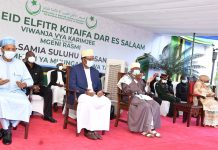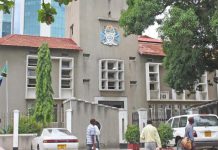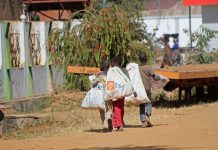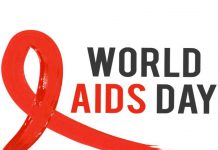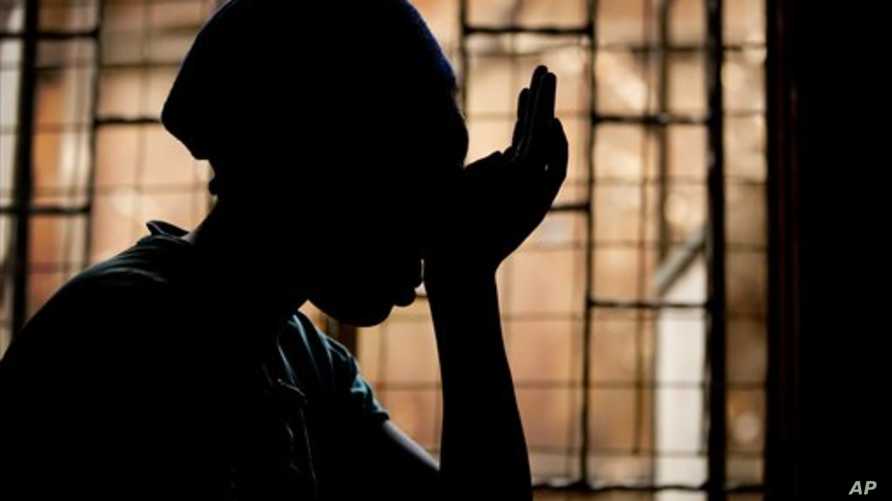
RELIGIOUS leaders should emphasize use of religion along science education to reduce discrimination against people living with HIV/ AIDS.
That call was made in Dar es Salaam recently by Secretary General of the Tanzania Episcopal Conference (TEC), Fr Charles Kitima, while discussing with other clerics on ways for the country to achieve global goals in fight against the disease.
In the synod attended also by other stakeholders focusing on fighting HIV/ AIDS, they unanimously argued that marrying religion and science education could play a crucial role in fighting the disease and discrimination amongst people already infected.
Meeting under the National Council of People Living with HIV & AIDS (NACOPHA), they agreed that as servants of God, they are tasked to implement strategies, which eradicate stigma in the society.
Fr Kitima further noted that such education first among the clergy and stakeholders, would go down along awareness spread over joint United Nations Programme on HIV/AIDS (UNAIDS) lead in the world to achieve its shared vision of zero new HIV infections by 2030.
The target includes achieving what is addressed as 95-95-95 treatment and breaks down as 95 per cent of people living with HIV knowing their sero-status, , 95 per cent of people who know their status as infected go for treatment and 95 per cent of people on treatment, have suppressed viral loads.
UNAIDS that unites efforts of 11 UN organisations- UNHCR, UNICEF, WFP, UNDP, UNFPA, UNODC, UN Women, ILO, UNESCO, WHO and the World Bank aim at reducing the annual number of new HIV infections among adults to 200,000 and achieving zero discrimination.
Expounding, the Prelate noted that science and religion education go hand in hand, because the latter leaders are trusted in public as custodians of God-related lives.
He argued that despite developed nations having advanced in science and technology, they still use religion to fight against stigma and discrimination in the society.
“But, unfortunately in our nations science and religion are not given chance in this matter,” he said. Commenting, Secretary- General of the National Muslim Council of Tanzania (BAKWATA), Alhad Nuhu Mruma, concurred with Fr Kitima, saying: “When things are properly understood among the religious leaders, it becomes easy for them to implement them using religious teachings.
We have good intention in this matter of achieving the HIV targets.” An official from the United States Agency for International Development (USAID), Gray Saga said that the organisation now focuses on encouraging men and children to go for voluntary HIV testing, and those infected to start immediate medication in order to reduce new infections.
Director for Prevention Department in the Ministry of Health, Community Development, Gender, Elderly and Children, Dr Leonard Subi, said national statistics indicate that youth is the most affected group, and hence called for more attention to help them.
While commending the joint ownership with the stakeholders in the meeting, NACOPHA Chief Executive Officer (CEO), Mr Deogratius Rutatwa, said that the programme would minimize discrimination, and should be sustained, because the clergy had shown their readiness to support the fight against discrimination.


